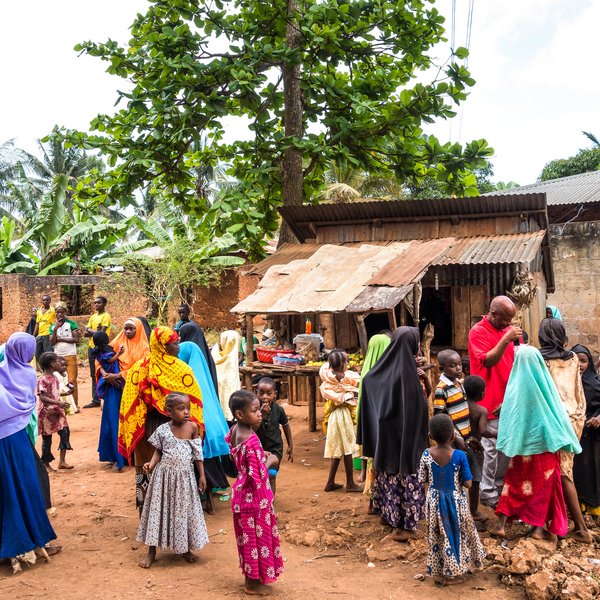Why tenure security
Tenure security goes beyond the mere possession of legal documents. It reflects the broader environmental, social, and political factors that shape an individual's experience of ownership or use of land and housing. For instance, in some countries, legal titles provide a strong sense of security, while in others, traditional or customary systems may hold more weight.
Perception of tenure security
Perception of tenure security refers to how secure individuals feel about their rights to land and housing. It encompasses a range of factors, including legal protections, social norms, and the effectiveness of local institutions in safeguarding property rights. These perceptions are critical because they influence people's behavior, decisions, and overall well-being.
Why perceptions matter
Perceptions of tenure security directly affect people's lives. When individuals feel uncertain about their property rights, they may hesitate to invest in land improvements, housing, or even the broader community. This uncertainty can lead to a range of socio-economic consequences including social instability, economic strain and reduced property investment.

Who is affected?
Certain groups are more vulnerable to tenure insecurity than others. Women often face additional challenges due to discriminatory social norms and legal frameworks that may limit their rights to own or inherit land. Similarly, renters, rural communities, and marginalized groups often report higher levels of insecurity.
Measuring tenure security
Prindex collects and analyzes data on how secure people feel about their rights to land and housing offering valuable insights into where and why insecurity is most prevalent By giving individuals a voice, Prindex highlights the risks of non-voluntary loss of rights, providing a clearer picture of where tenure insecurity exists and which groups are most affected.
Data collection
Prindex works in partnership with Gallup and other international organizations to collect data through the Gallup World Poll, which surveys adults in over 100 countries. These surveys are nationally representative, providing insights into the security of land tenure at both the national and sub-population levels.







